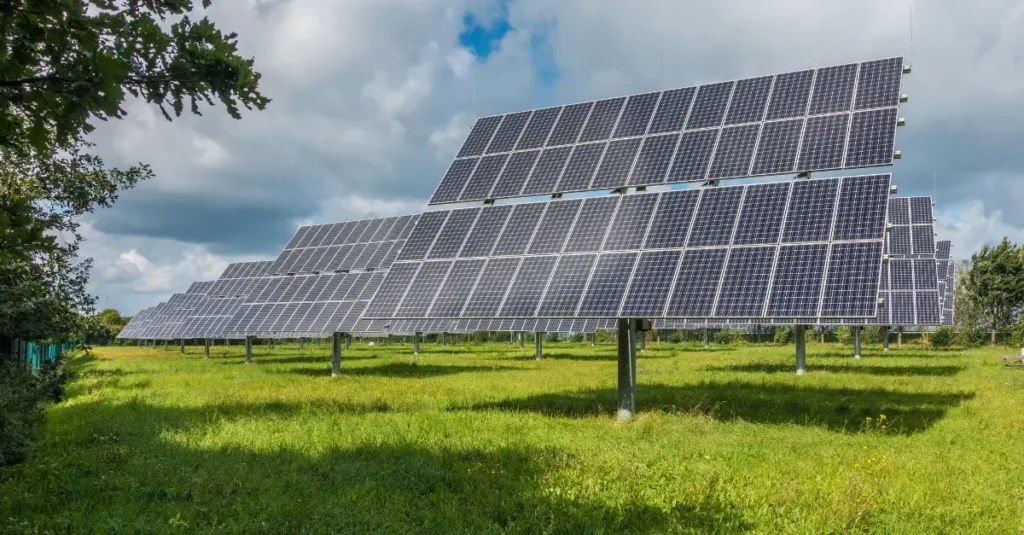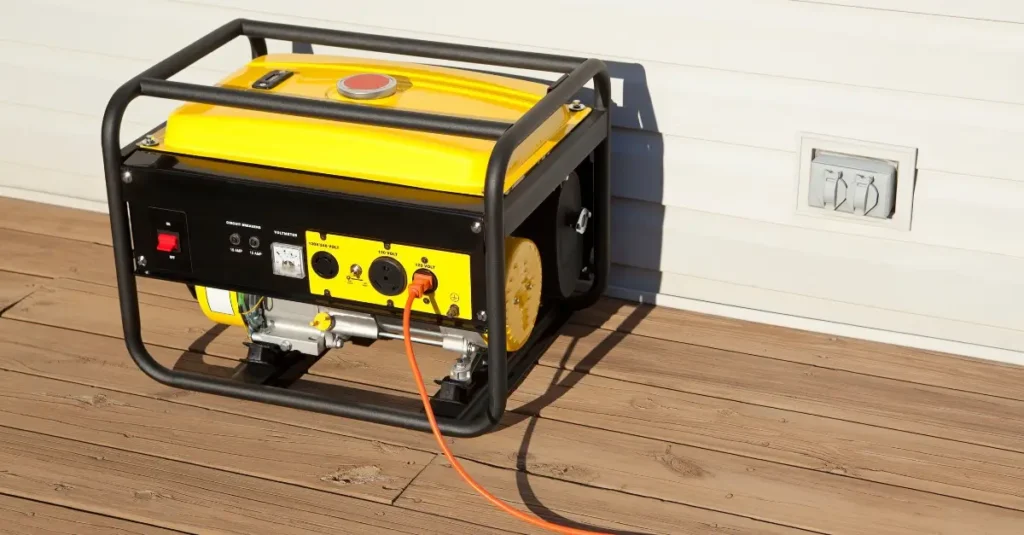Introduction
When the power goes out, most people ask the same question: Should I invest in a solar power system with batteries, or stick with a traditional generator? Both options can keep your home or business running during outages, but the differences in cost, reliability, and environmental impact make the decision worth exploring.
What Are Solar Panels + Battery Systems?
A solar backup system uses photovoltaic (PV) panels to generate electricity from sunlight. The energy can be used immediately or stored in a battery pack for nighttime or blackout use.

Pros:
- Clean, renewable energy—no fuel needed
- Quiet operation and minimal maintenance
- Long lifespan (panels last 25+ years, batteries 10–20 years)
- Lower long-term operating cost compared to generators
Cons:
- High upfront investment
- Limited capacity unless multiple batteries are installed
- Dependent on weather and sunlight availability
Learn about LR41 Battery Equivalents Guide to understand energy alternatives and how they compare.
What Are Generators?
Generators create electricity by burning fuel (gasoline, diesel, propane, or natural gas). They’re available in portable models for small needs or standby systems that automatically kick in during an outage.

Pros:
- Lower initial cost compared to solar+battery
- Reliable power regardless of weather or time of day
- Ideal for extended outages
Cons:
- Ongoing fuel expense
- Noise and air pollution
- Requires regular maintenance (oil changes, filter replacements, etc.)
Dive into SR41 vs LR41 Batteries for a detailed comparison of energy sources that could enhance your understanding.
Solar Panels vs Generators: Side-by-Side Comparison
| Factor | Solar Panels + Battery | Generator |
|---|---|---|
| Upfront Cost | Higher investment | Lower to moderate |
| Operating Cost | Very low (sunlight is free) | High (fuel and maintenance) |
| Noise | Silent | Loud (70–90 dB typically) |
| Environmental Impact | Clean and renewable | Emits CO₂ and other pollutants |
| Lifespan | Panels 25+ yrs, batteries 10–20 yrs | Typically 10–15 yrs |
| Reliability in Outages | Limited by battery storage | Continuous if fuel is available |
Environmental and Cost Efficiency
Solar panels + batteries generate clean energy, helping reduce carbon emissions. While expensive upfront, they often pay for themselves over time with savings on electricity and avoided fuel costs.
Generators, while dependable, rely on fossil fuels and contribute to greenhouse gas emissions. Over many years, the cost of fuel and maintenance often surpasses solar investment.
When I first experienced a multi-hour power outage, I relied on a portable generator. It kept essentials running, but the constant noise and the smell of fuel weren’t pleasant. Later, I tried a solar+battery setup while the upfront cost was higher, the silent operation and zero fuel hassle made the experience so much better.
Practical Use Cases
For occasional outages: A generator may be enough if you just need backup once in a while.
For frequent blackouts or sustainability goals: Solar+battery offers a cleaner, quieter, and more cost-effective solution long-term.
For maximum reliability: Some households and businesses use a hybrid system solar+battery for everyday use, with a generator as a secondary backup for extended outages.
Which Should You Choose?
Choose Solar Panels + Battery if you want:
- Renewable, eco-friendly power
- Long-term cost savings
- Quiet, low-maintenance operation
Choose a Generator if you want:
- Lower upfront cost
- Reliable power for long, multi-day outages
- A proven solution that works anywhere, anytime
Conclusion
Both solar+battery systems and generators provide backup power, but they serve different priorities. If you value sustainability, silence, and long-term savings, solar is the way to go. If you need affordable, on-demand reliability, a generator remains a practical choice.
Personally, I see the future leaning toward solar with smart storage systems, but a generator still has its place when you need guaranteed power without depending on sunlight.